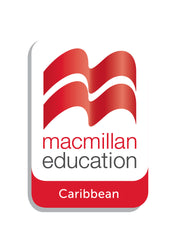
Printed Books vs eBooks - what's best?
We are very familiar with the importance of reading for everyone but it is essential for our young people to learn to read. Reading expands vocabulary, which supports students in exploring knowledge at a deeper level. Readers can be independent and develop a sense of the world around them.They are able to follow rules and keep safe by reading instructions and notices in the places they might find themselves without the support of a parent to read and guide them. Reading improves writing skills which in turn supports their academic progress.
Research continues to show that paper reading is more effective when learning. Online reading can be distracting as the brain processes digital reading differently and the temptation to scroll through information is evident. Digital reading trains the brain to process information rapidly and this is known as the ‘shallowing hypothesis’ which results in the retention of fewer facts and information. Digital reading drains mental resources.
Reading from paper results in a deep reading with the information being processed more effectively with multiple sensory stimuli.Yet between 15 and 20% of academic books in the USA are e-books. The same research states that e-books prevent the reader from navigating long texts successfully and retaining the information they engage with.
Missed the webinar, watch again here
Words by Debbie Roberts.
Listen to author and educator Deborah Roberts webinar on 25 August as she unpacks the pros and cons for learning from a physical book compared to an e-book. There’s a place for both so long as we understand the differences and when and how to use each method.
Sign up here:

